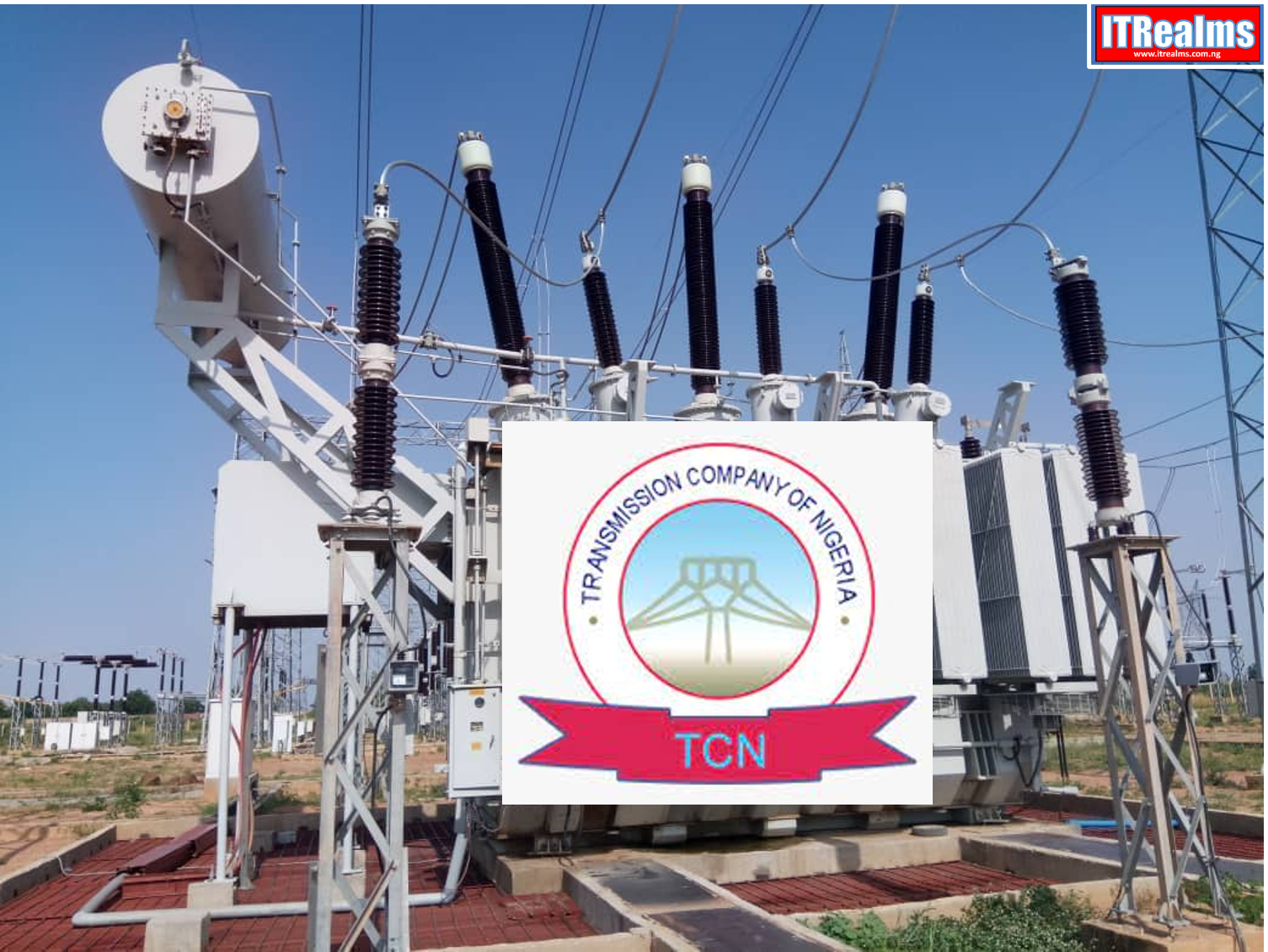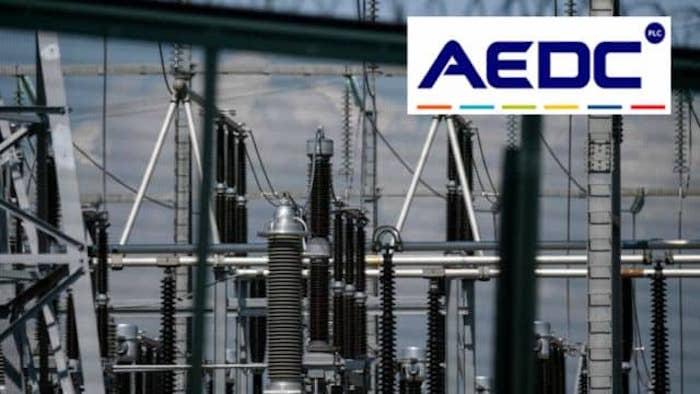Energy
OB3 gas pipeline project: Ekpo tasks contractors on December deadline
Minister of State Petroleum Resources (Gas), Mr. Ekperikpe Ekpo, has urged contractors handling the Obrikom, Obiafo and Oben (OB3) gas pipeline project to ensure its completion by December this year.
He stated this on Thursday during a tour of the 48 × 1.8km gas pipeline project designed to run across the River Niger conveying gas from the South-South and South-East to the South West and the Ajaokuta, Kano and Kaduna (AKK.) Project, among others.
Ekpo was accompanied on the tour by the Minister of State Petroleum Resources (Oil), Senator Heineken Lokpobiri, Group CEO of the NNPL, Mr. Mele Kyari, and other top officials of the Ministry of Petroleum Resources, NNPCL and regulatory agencies.
The minister told officials of Enikkom and HDD Thailand, who are the joint venture contractors handling the project, that meeting the December 2023 deadline would greatly assist the Federal Government’s aspiration of making gas available to all nooks and crannies of the country as well as addressing some of the challenges associated with the removal of fuel subsidy.
He said: “Nigerians are waiting for this project. Mr. President (His Excellency Bola Tinubu) is passionate about gasifying Nigeria, and this is also my mission as a minister. The withdrawal of fuel subsidy has been causing problems in the country, but if we get this project right the pressure will come down.
“When that is done it will go a long way in easing doing business in Nigeria and forex will come into the country. So I implore you all to be intentional, committed and passionate about this project completion deadline.”
Lokpobiri commended the contractors and those involved in the project. He described the project as a game changer saying its inauguration will boost the quest to provide enough gas for domestic use.
Kyari who spoke earlier had assured that the project would be completed by the end of the year as most of the initial challenges had been identified and surmounted by the contractors.
Energy
TCN restores power supply to Lugbe, Galadimawa, other parts of Abuja


The Transmission Company of Nigeria, TCN, has announced that it has restored bulk power supply to its 60 megavolt-amperes transformer at Kukwaba 132/33-kilovolt transmission submission 24 hours after the facility was faulty.
Ndidi Mbah, the General Manager of Public Affairs of TCN disclosed this in a statement on Friday.
The firm said the power supply was restored to the substation around 5:51 pm on Thursday.
Consequently, Abuja Electricity Distribution Company can now offtake bulk power for distribution to its customers in Galadimawa, Games Village, National Stadium, Sunny Vale, Kabusa Gardens, TSF Eye Clinic, AMMSCO Estate, Sun City, parts of Kabusa, Same Global, Durumi, American International School, Sabo Lugbe, TradeMore Estate, Pyakasa, Aleita/Chika and Ako Estate.
“TCN hereby announces the restoration of bulk power supply through its 60 MVA TRI transformer at Kukwaba 132/33kV Transmission Substation, on the 13th of June, 2024 at 5:51 pm.
“Recall that the transformer was opened on an emergency to trace and rectify the cause of sudden smoke from the transformer. This has since been rectified and the transformer restored to service,” TCN stated.
On Thursday power outage hit parts of Abuja over a faulty Kukwaba transmission substation.
Energy
Marketers advocate ethanol as alternative fuel, plan $7bn yearly savings


The Major Energies Marketers Association of Nigeria has stated that ethanol could be adopted as a biofuel to help Nigeria in reducing energy poverty and emissions.
According to MEMAN during a recent quarterly press webinar and engagement, about $7.4 billion could be saved annually by taking advantage of Nigeria’s ethanol resources as a biofuel to support petrol.
Ethanol is a biofuel that is commonly used as a substitute or additive to petrol in vehicles. It is typically produced through the fermentation of plant materials like cassava, corn, sugarcane, and others.
MEMAN noted that ethanol blended into biofuel as a transformative energy source has the potential to change Nigeria’s energy landscape and pave the way for a sustainable economy.
Experts, who spoke at the webinar, revealed that Nigeria had what it takes to exploit its ethanol to biofuel potential.
Presenting a paper titled ‘Ethanol as a Biofuel,’ a Senior Consultant with Africa Practice, Agwu Ojowu, pointed out that developing the ethanol industry could save the nation about $7.4bn ba year.
“Nigeria’s cassava production, standing at 63 million metric tonnes annually, represents 26 per cent of the global total. However, with 40 percent of this yield lost each year, there is a significant economic loss estimated at $7.4bn. Developing the ethanol industry could mitigate these losses, enhance economic stability, and capitalise on the depreciating currency to reduce costs,” Ojowu stated.
He emphasised that ethanol’s higher octane rating improves fuel quality and helps meet environmental standards by reducing sulphur content and greenhouse gas emissions.
Those attributes, he said, make ethanol a cost-effective and environmentally friendly alternative to petrol, aligning with Nigeria’s climate commitments.
Going down memory lane, Ojowu recalled that Nigeria’s foray into ethanol began with the 2007 biofuels policy, which mandated a 10 percent ethanol blend in fuel.
“Despite initial challenges, including the suspension of the policy in 2008, because of blending inconsistencies, the potential of ethanol remains significant. Ethanol’s cost-effectiveness compared to petrol has historically led to economic arbitrage, suggesting that a well-regulated biofuel market could be economically advantageous,” he said.
Ojowu added that ethanol presents numerous benefits, including economic, environmental, and agricultural advantages, without necessitating vehicle modifications.
The Executive Secretary of MEMAN, Clement Isong, also emphasised the role of renewable energy in addressing Nigeria’s energy poverty.
He highlighted the importance of diverse energy sources, including biofuels, solar, hydroelectricity, and wind energy, to create a balanced and sustainable energy mix.
“MEMAN is committed to engaging with industry stakeholders to advocate for energy solutions that meet Nigeria’s needs,” Isong said.
He expressed optimism about the future of renewable energy in Nigeria and the continued efforts to enhance press engagement and industry collaboration.
Energy
Abuja DisCo adds 45 new feeders to Band A


The Abuja Electricity Distribution Company, (AEDC) has disclosed it has added 45 new feeders to the Band A category of customers who would enjoy a minimum of 20 hours of electricity as stipulated by the Nigerian Electricity Regulatory Commission (NERC).
The new feeders are majorly in the Asokoro, Wuye, Garki, Suleja, Apo and other areas of the capital city. This was disclosed by the Disco on their official X (formerly Twitter) page where it described the feeder location and specific areas served by the feeder.
Other areas where feeders were upgraded to band A include; Suleja, Garki Area II, Wuse, Anyigba, Mpape, Jabi, Gwagwalada, Gwarimpa etc.
The DisCo noted that the upgrade to band A for the affected feeder location is effective from June 1, 2024. Similar upgrades across other DisCos
In April, the Nigerian Electricity Regulatory Commission (NERC) announced a more than 200 percent increase in electricity tariffs for Band A customers.
This move is part of efforts to eliminate electricity subsidies and implement a cost-reflective tariff system in the power sector.
Abuja Disco’s addition of new feeders to Band A is in line with similar actions by other distribution companies like Eko and Ikeja DisCos following the tariff hike.
Band A customers are on specific feeders that receive a minimum of 20 hours of electricity daily. According to NERC, these customers account for approximately 17 percent of all electricity users in the country.
The decision to raise electricity tariffs for Band A customers has sparked public outrage, particularly among trade and labour unions nationwide.
Organised labour members have protested the increase, while the Manufacturers Association of Nigeria (MAN) has advised its members not to pay the new tariff, claiming they were not consulted.
MAN has instructed its members to continue paying the old rate of N66/kWh. The various electricity distribution companies have vowed to disconnect customers who fail to pay the new tariff under their band.
The group has also filed a petition with NERC regarding the tariff hike, which is currently awaiting resolution.
Furthermore, the Organised Private Sector (OPS) comprising all chambers of commerce and trade associations across the country had warned that the new tariff could lead to the shutdown of 65 percent of businesses across the country. The group stated that the over 200 percent hike in electricity tariff to N220/KWh then made Nigeria’s power cost the highest in the world. It warned that the hike could exacerbate the economic situation in the country and push more people into unemployment and poverty.












